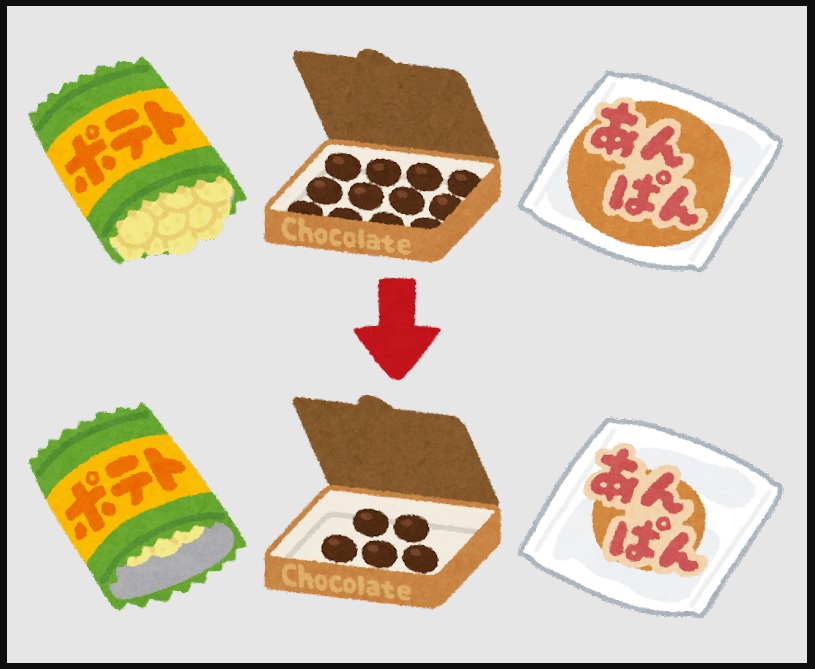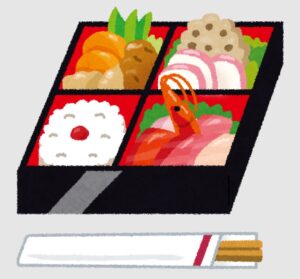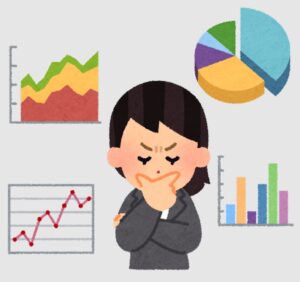「こっそり小さく|日本のデフレ脱却:インフレの兆しとその影響」
~前回のつづき~
●100円の未来に、100円の価値はない~インフレの時代に、問われる“賢さ”~

平成は
デフレの時代だった。
デフレーションという言葉は
聞いた事があると思います。
デフレというのは
物の価値が下がる事です。
今日100円で買えたものが
来年90円で買える。
これが
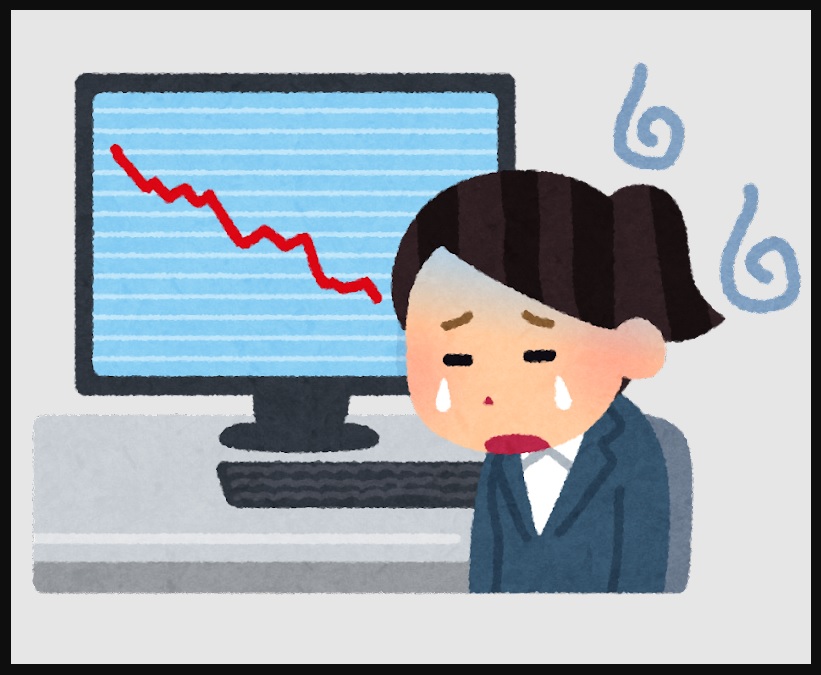
物の価値が下がる
ということです。
これは言い換えると
お金の価値が上がった
ということです。
物の価値が下がった
=お金の価値が上がった
逆に最近
『インフレ=インフレーション』
という言葉の方がよく聞くと思います。
(出典 リベラルアーツ大学)
インフレというものは
デフレの逆ですね。
去年1コ80円で買えてた
ハンバーガーが
今年1コ100円になった。
これは
物の価値が上がった
という事ですね。
というのは言い方を変えると
お金の価値が下がった
という事になります。
今日の100円は
来年の100円と
同じ価値ではないんですよ。
●お金を貯めるほど、貧しくなる~それがハイパーインフレの地獄絵図~

実際インフレというのは
どれぐらいのパーセンテージで
起きるのかという事例です。
世界で見ると
(1)ベネズエラ
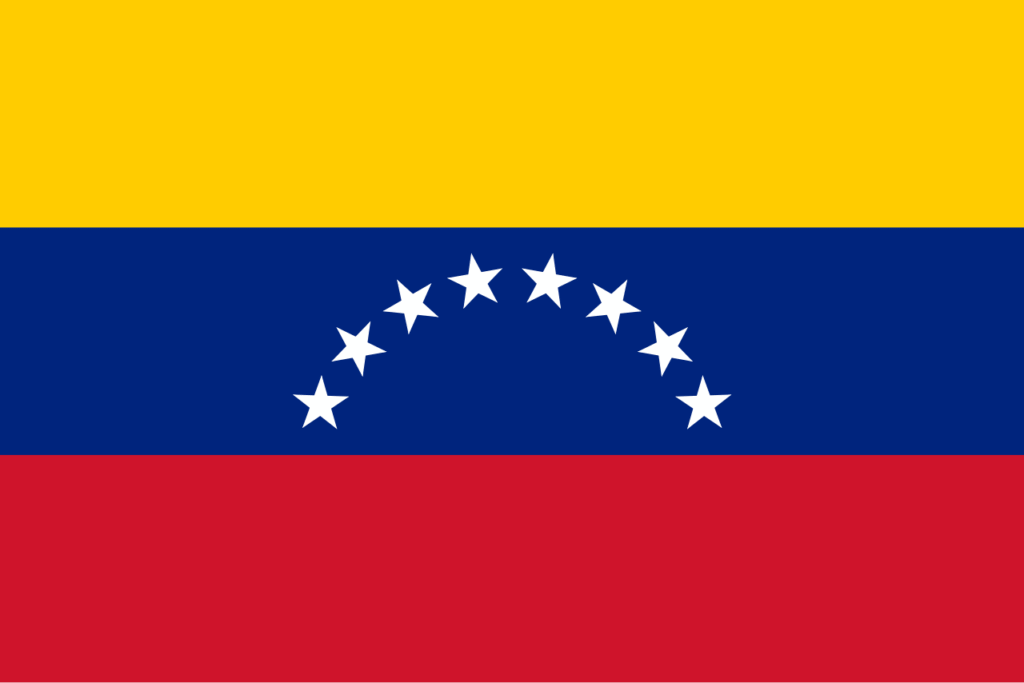
行った事が無い人が
多いと思います。
2015年からまだ続いていますが
毎年180%のインフレです。
毎年180%ですよ!
すごい数字ですよ。
(2)ジンバブエ

毎日物価が倍になる。
今日100円だったものが
明日200円になってる世界です。
こんな状態を
ハイパーインフレと言います。
その他の国でも
ハイパーインフレは起きてます。
●物価が上がる、給料は上がらない~未来、詰んでませんか?~

では日本の場合はどうか?
日本でも起きてます。
戦時中の昔ですが
毎年物価が40%上がるというような
時代もありました。
・それは過去でしょ!
・そんなもの今の日本で起こるわけないでしょ!
確かに
ハイパーインフレが
起きるかどうかというのは
色んな事が言われています。
ハイパーインフレというのは
そんなに
頻繁に起こることではない。
今の日本では確かに
ハイパーインフレというものは
なかなか起きない。
ただ
インフレはやはり進行中です。
世界には割と
インフレの国の方が多いです。
どちらかといえば
デフレの国の方が珍しい。
価格が下がっていく方が珍しい。
大体世界を見ると
インフレの国が多い。
ちょっとずつ
物の価値というのは
上がっていくものです。
例えば
日本で言うと
教育費のインフレというのが起きてて
(出典:https://monoist.itmedia.co.jp/mn/articles/2107/12/news001_2.html)
教育費(紫色)は
上がり続けています。
これも物の価値が
上がり続けている。
授業料や教科書は
ドンドン値上がりしています。
これは
子供がいる家庭であれば
どうしても掛かるものです。
●ステルス値上げは、日常に潜むインフレ~数字が同じでも、同じじゃない~

『ステルス値上げ』って
聞いたこと有りませんか?
良く言われるワードです。
(出典 リベラルアーツ大学)
ポテトチップスの
値段は変わってないのですが
同じ100円で買う事は出来る。
しかし
内容量が90g有ったのが
一袋60gになってる。

こっそり小さくなってる。
これは実質
物の値段が上がった
という事ですよね?
いつのまにか容量が減ってる。
これも実質インフレと同じ事です。
というサイトもあります。
ご興味あれば見てみると
面白いと思います。

100万円を
銀行に預けているだけで
残高の数字は変わっていない。
通帳の数字は変わっていない。
預金・貯金・現金で
置いておくというのは
100万円は確かに
来年も数字的には100万円です。
ただ
インフレという
時期の中においては
実際の価値が

下がっています。
こういう事が
起きてるという事は
覚えておいてほしい。
日本にいたらあまり
インフレ・デフレということは
あまり気にした事は
ないかと思います。
結構大事なテーマで
今後も出てきますので
覚えておいてください。
●“デフレの常識”が、今の非常識~インフレ時代、お金の守り方は変わった~

日本のインフレ率の推移ですが
(出典:https://ecodb.net/exec/trans_country.php?type=WEO&d=PCPIPCH&c1=JP&s=&e=)
日本はずっとデフレでした。
かなり珍しいパターンです。
ずっと長い事デフレで
グラフの0%付近を
ウロウロしている。
ずっとデフレの時期が
10年以上続いていた。
最近は
インフレ傾向が顕著です。
(出典 日本銀行ホームページ)
日銀元総裁の黒田さんが
インフレを目指すと言って
デフレ対策していました。
今後のインフレの動向が
気になりますが
色んな要素で
投資というものにお金を回さないと
非常に苦しいことになっていきます。
お金的に
ドンドンしんどくなっていく
ということです。
●まとめと対策
◆結局は投資をしないと金銭的に豊かになれない
◆寝てるお金にも働いてもらう
◆貯金から投資へ回していこう
→生活防衛資金は確保しつつ
◆本家側にまわろう
Special Thanks college president Ryo.

●おまけ
≪≪perplexityちゃんによる文章まとめ≫≫
平成時代は物価が下がるデフレの時代で、お金の価値が相対的に上がっていました。
しかし現在は、物価が上昇するインフレの時代に入りつつあります。
インフレが進むと、同じ100円でも買えるものの量や価値が減ってしまい、預金の実質的な価値は目減りします。
特にステルス値上げと呼ばれる商品の内容量を減らす手法も実質的な値上げであり、知らず知らずのうちに負担が増えています。
世界ではベネズエラやジンバブエのようなハイパーインフレも起きており、極端な場合は預金しているだけで資産が大幅に減ってしまう危険があります。
日本も長らくデフレが続いていましたが、近年はインフレ傾向が強まっており、物価上昇が避けられない状況です。
こうした中、単に貯金しているだけでは将来的に資産価値が下がるため、生活防衛資金を確保しつつ、投資などでお金に働いてもらうことが求められています。
今後の資産形成には、時代に合わせた「賢いお金の運用」が重要です。
- https://ecodb.net/country/JP/imf_inflation.html
- https://www.stat.go.jp/data/cpi/sokuhou/tsuki/index-z.html
- https://www.meti.go.jp/report/tsuhaku2023/2023honbun/i1130000.html
- https://www.taiju-life.co.jp/joyful/money/057/index.htm
- https://www.newsweekjapan.jp/stories/world/2018/07/100-30_1.php
- https://www.rakuten-card.co.jp/minna-money/securities/investment_knowledge/article_2112_00002/
- https://toyokeizai.net/articles/-/653268
- https://spaceshipearth.jp/suterusu-neage/
- https://money-career.com/article/2837
- https://cfc.or.jp/archives/41942
- https://navi.hoken-i-mark.jp/2021/05/08/612/
- https://www.familles-lycee-tokyo.com/ja/2023-2024年度の授業料10%の値上げに反対!/
- https://www.mof.go.jp/public_relations/finance/202411/202411d.html
- https://diamond.jp/articles/-/311096
- https://jp.tradingeconomics.com/japan/inflation-cpi
- https://www.boj.or.jp/research/research_data/index.htm
- https://www.tkfd.or.jp/research/detail.php?id=4329
- https://sekai-hub.com/statistics/imf-japan-inflation-rate
- https://bookplus.nikkei.com/atcl/column/090600411/091100003/
≪≪Chat-GPTくんによる英訳≫≫
~Continuation from the Previous Post~
【The 100 Yen of the Future Won’t Be Worth 100 Yen — In an Era of Inflation, Financial Wisdom is Crucial】
The Heisei era in Japan was defined by deflation.
You’ve probably heard the term deflation before.
It refers to a decline in the value of goods — in other words, prices drop.
For example:
An item you could buy today for 100 yen might only cost 90 yen next year.
This means:
The value of goods is decreasing
The value of money is increasing
So:
Lower prices = Stronger currency
In recent years, however, the term inflation has become far more common.
Inflation is the opposite of deflation.
A hamburger that cost 80 yen last year might now cost 100 yen.
That’s a rise in the value of goods, and conversely,
a drop in the value of money.
What this really means is:
100 yen today does not hold the same value as 100 yen next year.*
—
【The More You Save, the Poorer You Get — Welcome to the Hellscape of Hyperinflation】
Let’s look at how inflation plays out in real numbers — on a global scale:
(1) Venezuela
You’ve probably never been, but since 2015,
they’ve been experiencing annual inflation of over 180%.
That’s a shocking number.
(2) Zimbabwe
There, prices double every single day.
A 100 yen item today would cost 200 yen tomorrow.
This is what we call hyperinflation —
and it’s not just these two countries. Others have faced it too.
—
【Prices Go Up. Wages Don’t. — Are You Ready for That Future?】
What about Japan?
Yes — inflation has happened here too.
During wartime, for example, annual inflation reached 40%.
Now, you might say:
> “That was the past.”
> “That can’t happen in today’s Japan!”
And yes — hyperinflation is rare.
It’s not something that happens frequently or without warning.
But moderate inflation? That’s already underway.
Globally, inflation is far more common than deflation.
A world where prices fall is the exception, not the rule.
Prices tend to rise gradually over time.
Take Japan’s education costs as an example:
They’ve been consistently rising, year after year.
Tuition, textbooks — everything’s more expensive now.
For families with children, these are unavoidable expenses.
—
【Stealth Inflation is Hiding in Plain Sight — Same Price, Less Product】
Have you heard the term “stealth inflation”?
It’s a popular phrase in Japan.
Take potato chips, for instance:
They still cost 100 yen — but the contents have quietly shrunk.
A 90g bag is now just 60g.
The price didn’t change, but the value clearly did.
This is inflation in disguise.
There’s even a website that tracks products with shrinking sizes —
it’s worth a look.
—
Meanwhile, your bank savings sit there untouched.
Your balance might still read 1 million yen,
but in an inflationary world, that money is silently losing value.
The numbers on your bankbook haven’t changed,
but what you can actually buy with that money has.
It’s important to understand this.
If you live in Japan, you may not be used to thinking much about
inflation or deflation,
but they are critical themes for your financial future.
—
【What Was “Common Sense” in the Deflation Era is Now Obsolete — Protecting Your Wealth in the Age of Inflation】
Let’s look at Japan’s historical inflation rates:
Japan has experienced prolonged deflation —
a rare phenomenon globally.
For over a decade, inflation hovered around 0%.
But now, inflation is clearly on the rise.
Former BOJ Governor Haruhiko Kuroda actively pursued inflation,
aiming to escape the deflation trap.
As we look toward the future, one thing is clear:
Failing to invest will become financially painful.
Your money will struggle to keep up with rising prices
unless you put it to work.
—
【Summary & Strategy】
✅ Without investing, it’s nearly impossible to grow wealth.
✅ Let your “sleeping money” work for you.
✅ Shift from saving to investing — but keep an emergency fund intact.
✅ Aim to be on the “owner” side of the economy — not just the consumer side.
Special Thanks OpenAI and Perplexity AI, Inc
